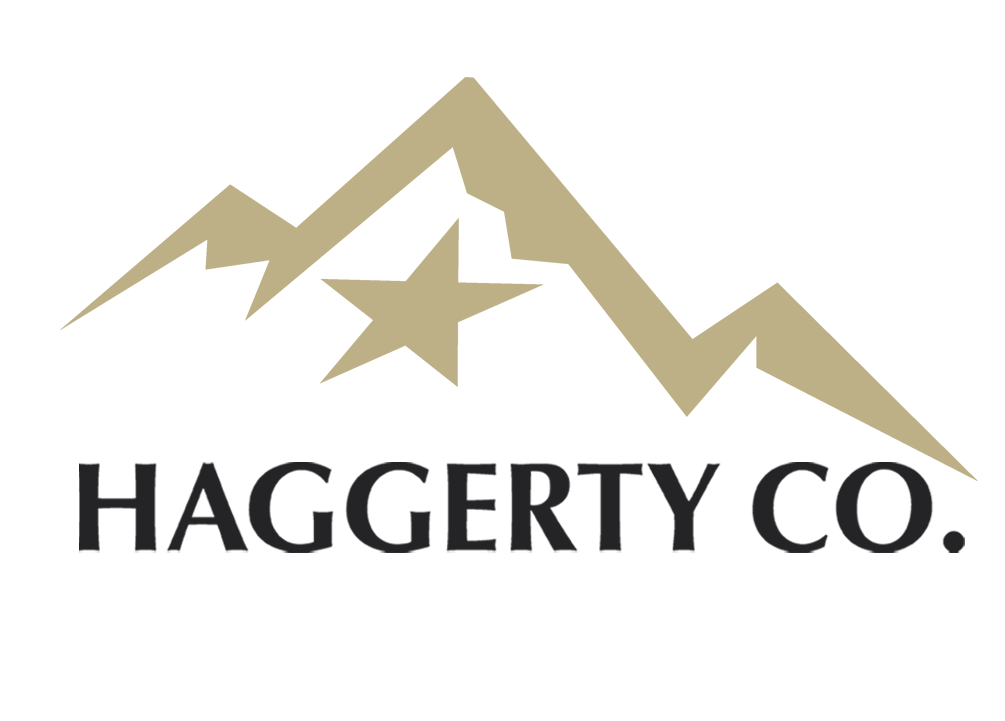Late or missing rental payments are always difficult for landlords, and it’s something that every rental property owner fears. To effectively earn money and have a pleasant and stress-free rental experience, you need to know that your rent will come in on time.
Proper tenant screening
is always a good way to prevent late rent payments, but even good tenants can fall behind once in a while. During the ongoing COVID pandemic, rent collection has been even more uncertain.
When your tenant isn’t paying rent, do your best to keep the lines of communication open. Eviction is a worst-case-scenario and rarely works out well for anyone. Try these rent collection tips, and contact an
El Paso property manager if you’re still having trouble getting your tenants to pay on time.
Communicate Openly and Transparently
When tenants are late with rent, they tend to avoid their landlords. Make sure you create a relationship where they’re willing to talk to you. If rent is going to be late, you’re better off hearing about it before the first of the month. All late fees should still apply, but you want your tenants to feel comfortable communicating with you if there’s a problem.
Reach out to your tenant if the rent is late and try and find out what the problem is. Be professional and kind. Usually, you can rectify the issue, especially if it’s an otherwise good tenant. If your tenants are willing to talk to you about what’s going on, you’re more likely to reach a resolution.
Good communication, solid and consistent policies, and an understanding of leasing and landlord/tenant laws will help you collect rent on time every month. If you’d like some help, please don’t hesitate to contact us at Century 21 Haggerty.
Serve a Notice to Vacate
The next step is to provide your tenants with a Three Day Notice to Vacate. You cannot go to the court to file for eviction without serving this notice first. It essentially notifies the tenant that rent has to be paid in three business days, or they need to move out. With the service of this notice, the tenants are informed that you will begin the formal
eviction process if they refuse to pay or move out.
The best way to serve this notice is in-person. If you can, knock on the door and serve the notice to the tenant or any adult who answers. If you cannot reach anyone, tape it to the inside of the main door or send it via certified mail. You’ll want to document that this notice was served, because you may need it in court.
File for Eviction in Court
If you’re not getting anywhere with your tenants and rent still has not been paid, you’ll have to move forward and file a court notice. Visit the local courthouse in the precinct where your rental property is located. There, you can fill out the paperwork and pay the fee to get the eviction scheduled with the county clerk. Then, the constable will serve the tenant a summons and a court hearing will be set.
Talk to Your Tenants about Credit









